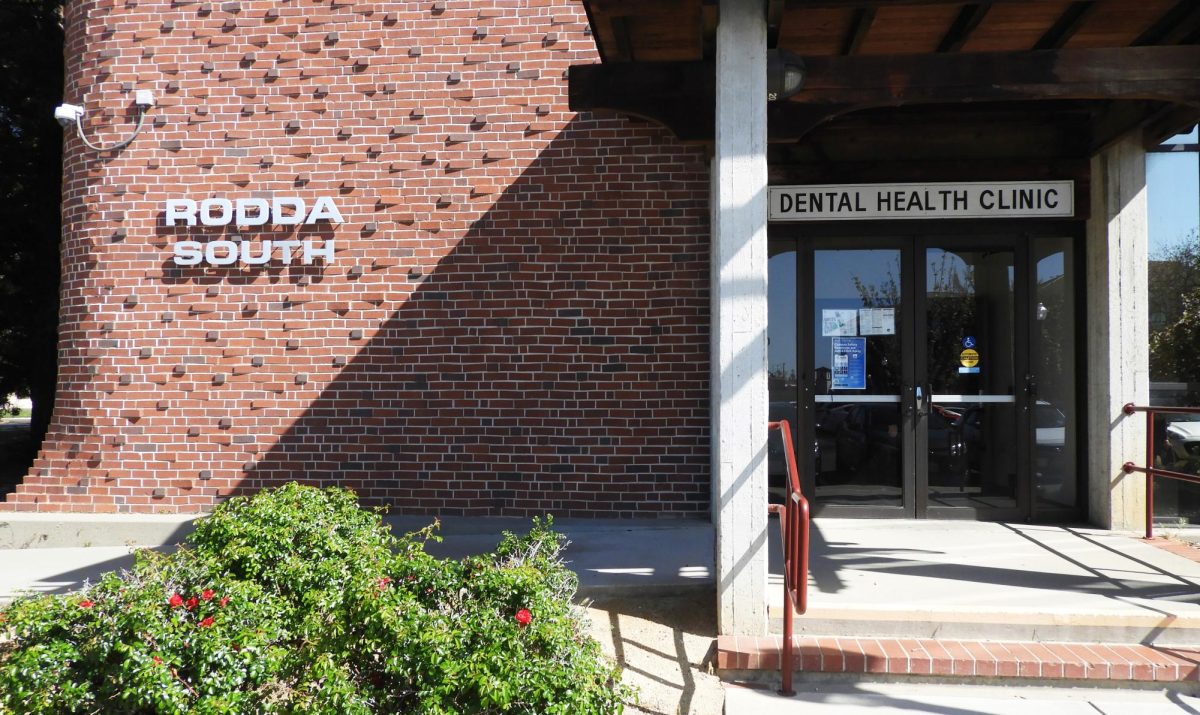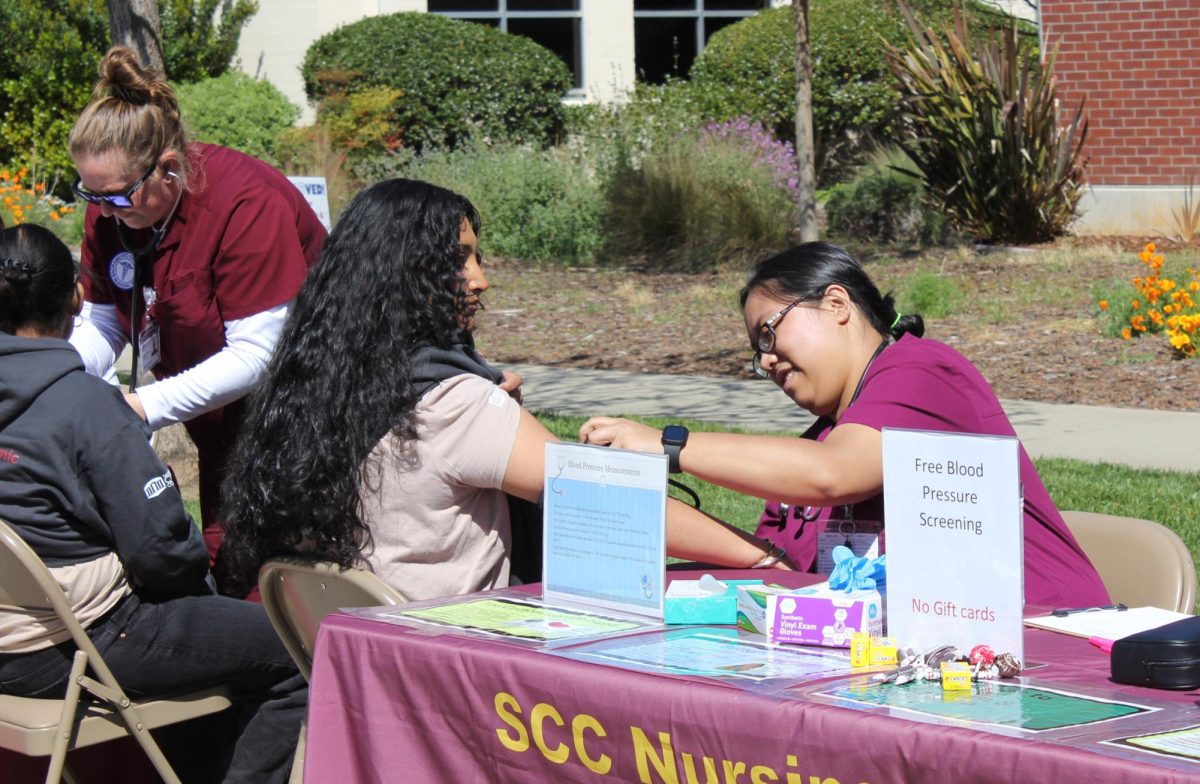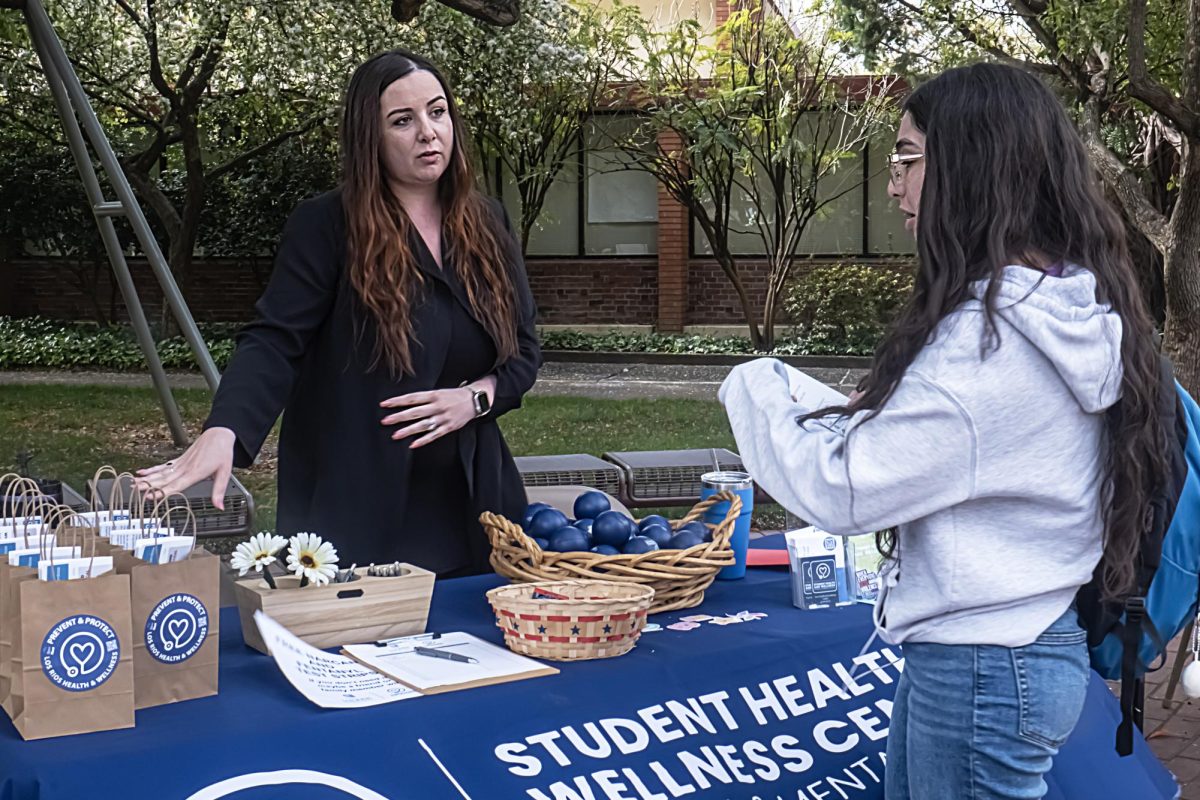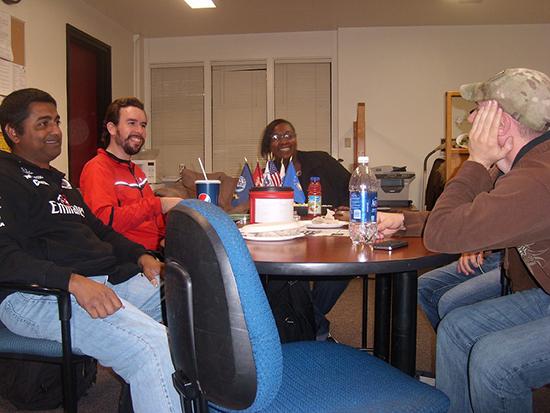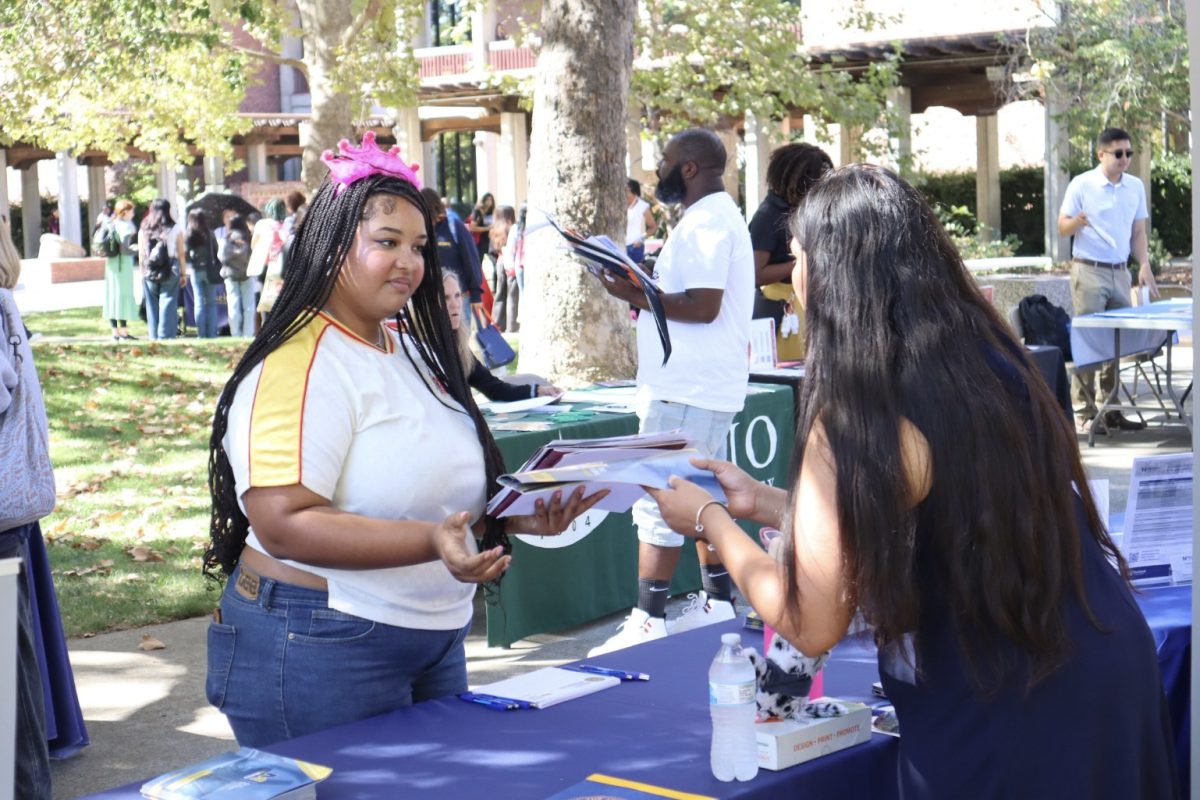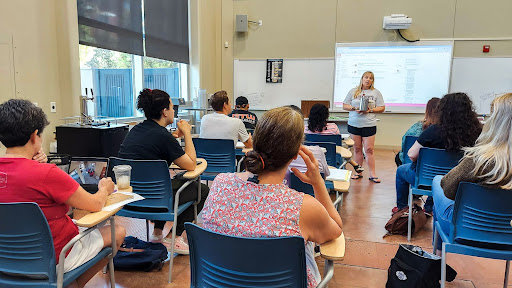The stressful life of waking up at the crack of dawn every day to defend American freedom may be never-ending for some military personnel, but for others it is no longer a requirement. The hope of going to school after a term of service was an anticipated reality until recently.
Many prior military service members are finding it increasingly difficult to attend college because of courses they took while they were still in the service. Many men and women in the military put themselves in harms way to preserve America’s freedom with the hope of being able to strive toward a degree when they return to civilian life.
According to Kevin Powers, a consultant to California Sen. Marty Block, AB 2462, the bill that was passed last year to help military veterans receive more academic credits has run into a few snags. The fact that there are 72 community college districts in California and each district has its own set of rules and regulations doesn’t help matters either.
In an ideal world it would be nice to have all 72 districts on the same page, says Powers, but such a scenario is highly unlikely unless it becomes a law.
One of the main issues is that some campuses accept Smart transcripts — the transcripts that are given to military personnel for completing outside courses provided by the military — while others don’t due to not being able to properly match the courses they took with the school’s course codes.
“You’ve got some campuses that won’t accept them and some that will accept a few,” says Powers. “Not everyone is on the same page. It would be easy to say, ‘All right, everyone needs to come to a resolution on how things should be run,’ but the educational system frowns on being told how they should run their school and they enjoy having a bit of flexibility. ”
According to Powers, many veterans and current service members have had problems getting their service assessed for academic credit and having their units count toward core credit for a particular degree.
Depending on the branch, military personnel are required to take certain courses to enhance their job performance. Those courses go onto what is called a Smart transcript or Art transcript, according to Sacramento City College Veterans Affairs staff member Justin Turner. The transcripts are then turned into the schools of choice with hopes of not having to retake courses they have already taken and passed while in the military.
Turner says Sen. Marty Block’s bill will help military personnel by allowing them to use courses they took while still in the military to transfer. Many veterans are finding it increasingly difficult to attend college because courses they took while they were still in the service are being held against them by financial aid.
The financial aid department makes turning in transcripts a losing battle for military personnel, says Turner. A good portion of the academic credits they took end up on the elective list, which are nontransferable to a 4-year college. According to Turner, electives count toward the 72-unit financial aid cap and once the financial aid department has sorted through all of the courses, there are only maybe one or two semesters left to qualify for federal aid.
“I think vets that serve our country and take classes while in the military are getting screwed when they come out,” says Turner. “The units should be going toward their degree and not just financial aid. The units from the transcripts go toward electives, which are used against them due to the financial aid cap. ”
Gov. Jerry Brown is presently looking into the issue, says Powers.
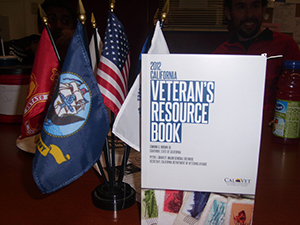
Brown is proposing moving the unit cap from 72 to 90 units with hopes of giving students a chance of being eligible for financial aid, says Powers.
“There is a bipartisan desire to see vets get taken care of when they get out of the service,” says Powers.
California Sen. Marty Block created the bill AB 2462 last year with hopes of restructuring the process for veterans to receive academic credit for their military training, and it became law on Jan. 1, 2013.
“My goal, last year as it will be this year, is for our veterans to receive as much academic credit as is possible and appropriate,” says Block.
In the near future, Block says he plans to address the issue with his community college partners in regard to his concerns that veterans and current service members may be penalized for their service due to the unit cap. But he says he intends to make sure that anyone who has or is currently serving is exempt from the restrictions put in place by the unit cap.






















